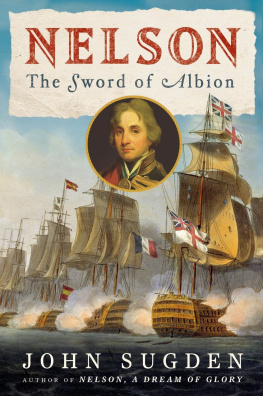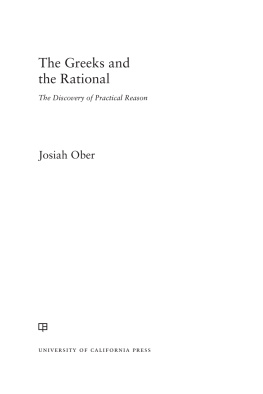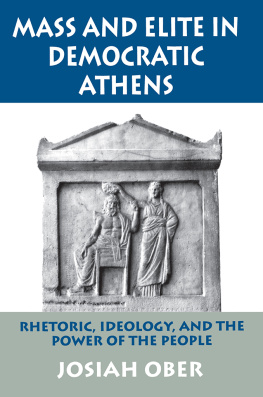CHAPTER I.
Table of Contents
ANCIENT IBERIA.
In the southwestern corner of Europe, with the Atlantic Ocean on the north and west, and the Mediterranean Sea south and east, lies the Iberian Peninsula, eleven thirteenths of which belong to the country known as Spain. The other two thirteenths pertain to Portugal, a country politically distinct from Spain, but with similar physical features in the main.
Although we do not know when it first received its ancient name, Iberia, nor even whence came its very first peoples, yet we know that for ages it has existed as a fair and fertile land, capable of supporting millions of inhabitants.
It is essentially a mountainous country, for, first of all, there are the Pyrenees, which partly bound it on the north; the Cantabrian range, in the northwest; the Guadarrama, in the central region; and the Sierras Morena and Nevada, in the south. Between these mountain ranges lie great tablelands and deep valleys, the latter traversed by rivers swift and long, but few of them navigable far from the sea.
It is its mountainous character that has given this land, lying as it does beneath a southern sun, a great diversity of climate; so that we may say it has at least four climatic zones: First, the zone of the plateau, cold in winter and hot in summer, where the soil is arid; second, that of the northwestern provinces, with a moist climate; third, that of the eastern coast, where a balance is preserved between the two extremes of the others; and, fourth, the subtropical zone of the south coast, which is hot as well as humid.
Thus Spain has a more varied vegetation than any other country of Europe, for its high plains and mountainous valleys are almost Alpine in the character of their flora; its North Atlantic region has ferns and grassy meadows, forests of oak, beech, and chestnut; and the southeast and south a flora that is almost African, and comprising many species that are purely tropical.
So we find that Spain, though only six hundred and fifty miles in greatest length, and with an area of but little more than one hundred and ninety thousand square miles, can boast forests of olives and cork oaks, hillsides covered with vineyards, valleys filled with orange trees, almonds, pomegranates, sugar cane, and with a range of fruits extending from the apple of the northern region to the date palm of the south, which last was brought over from Africa. Honeybees lay up rich stores from the thyme-covered tablelands, silkworms flourish in the mulberry groves of the eastern provinces, and the cochineal feeds on the cactus of the south.
Not only does the land yield every variety of food for the sustenance of man, but, with its thirteen hundred miles of coast line, Spain has boundless stores of fish, such as anchovies, tunnies, and salmon in their season. And again, while almost every species of the animal as well as the vegetable kingdom might find a congenial home here, Nature has not been sparing of her minerals, such as copper, lead, silver, gold, coal, iron, cobalt, and quicksilver.
These are some of the natural resources of Spain, showing, as has been said already, that it was bountifully endowed by the Creator with all things necessary to mans subsistence, even though he might through ignorance prodigally waste them.
We have no authentic history of the first peoples inhabiting Iberia, but it is believed that a remnant of their descendants yet exists in northern Spain, in the Basques, whose speech and customs differ from those of all others on the face of the earth. The Basques claim that they are descended from the original people, and say, moreover, that their language was the veritable speech of Paradise. It is difficult enough to acquire, at all events, and they have a tradition that the Evil One himself once spent seven years in attempting to master it, and then gave up in despair, after having acquired but two words, yes and no, which he forgot as soon as he left the country!
But by the twilight of tradition we observe an invasion of the peninsula by the Celts, or Kelts, a wave from the great Aryan deluge that at one time submerged all Europe, and which overleaped the Pyrenees and swept all before it. And these Aryan Kelts, or Keltic Aryans, became masters of Spain, not so much through conquest in war as by intermingling with the natives; and there resulted, it is said, another and distinct people, or race, called the Celtiberian. Now, while the aborigines were probably swarthy and short of stature, the incoming Kelts were tall and fair, excellent horsemen, hunters, and tillers of the soil. As both races were warlike, their descendants became celebrated, in after years, for their prowess, and when the Romans invaded Spain these brave Celtiberians gave them great trouble, and resisted subjection to the very last.
They were rude and uncivilized, and, if they built cities or towns, no remains of such exist, of which we are aware. In their religion they were Nature worshippers, blindly revering the god of day, the stars of night, and the phenomena of dawn and sunrise. Remains of their rude temples, it is claimed, have been found in Portugal, where dwelt that branch of the race known as Lusitanians.











